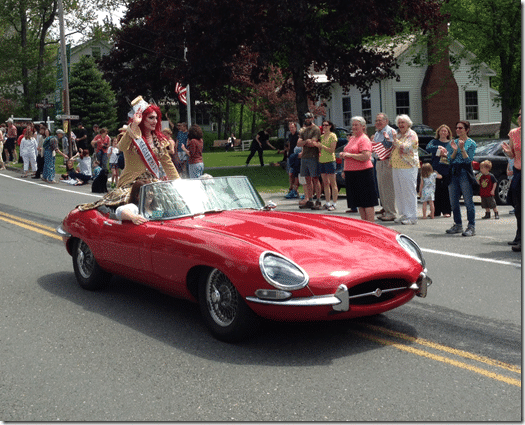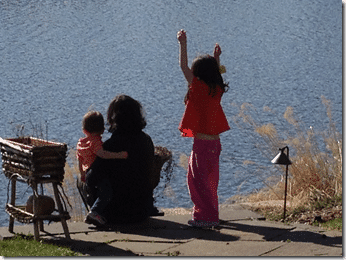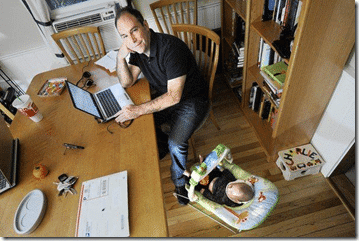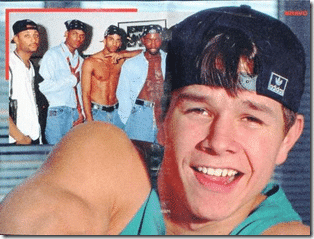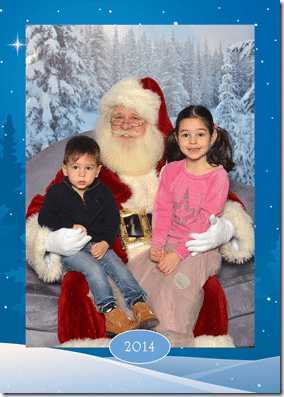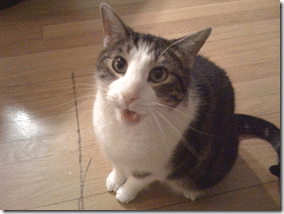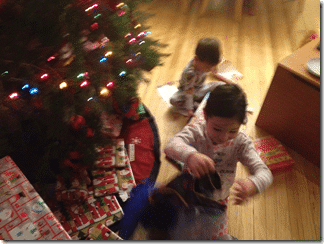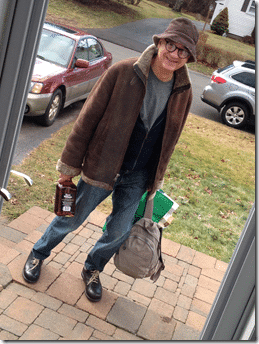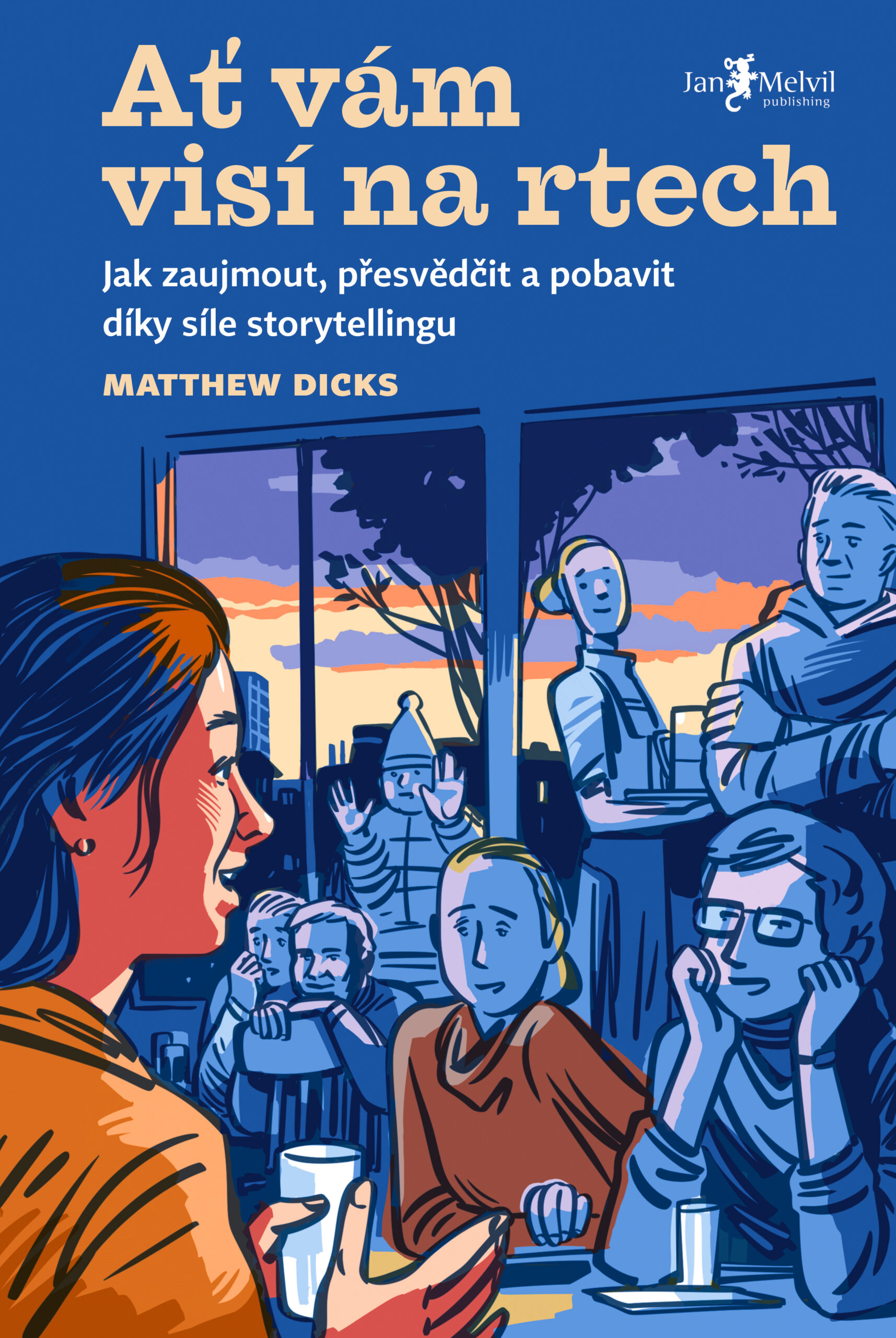Speak Up, the storytelling organization that my wife and I founded in 2013, is approaching it’s two year anniversary. It was born on a snow day much like the one we experienced in the northeast earlier this week.
My storytelling career began about five years ago with the discovery of The Moth’s podcast. A friend introduced it to me, and soon after, other friends began telling me that I should go to New York and tell a story. I’ve led a life filled with unusual moments and unfortunate disasters, so my friends thought The Moth would be perfect for me.
But taking the stage in New York and telling a story to 300 strangers was daunting to say the least. Frankly, I was afraid. So I assured my friends that I would go to a Moth StorySLAM someday but had no intention of ever doing so.
Then I had the idea of starting my own storytelling organization here in Hartford. I thought that telling stories in front of a handful of friends and family would be less intimidating than 300 hipster strangers in lower Manhattan. I was excited about this idea. I thought it could be something that Elysha and I did together.
Then I didn’t do that, either.
Eventually, I couldn’t look myself in the mirror. As daunting as it might be, I hated the idea of saying that I would do something and then not doing it. I resolved to go to New York, tell a story, and be done with it.
On a hot July evening in 2011, Elysha and I went to New York. Packed into the Nuyorican Poets Café with 200 New Yorkers, I dropped my name in The Moth’s tote bag (always referred to as “the hat”), and began my storytelling career.
In truth, I dropped my name into the bag and immediately began praying that I wouldn’t be called. Putting my name into the hat at a Moth StorySLAM was good enough, I told myself. I tried. I could go home with my head held high.
And I thought my prayers were about to be answered. Nine storytellers had taken the stage, and my name had yet to be called. One more name would be drawn, and I would escape from New York unscathed.
Host Dan Kennedy opened the sheet of paper, stared intently at it for a moment, and then called my name. Except I didn’t write my name clearly, so he mispronounced it. I didn’t move. If I sat very still, I thought, maybe they would pull another name, and I wouldn’t have to get up.
Then Elysha kicked me under the table. “That’s you,” she said. “Go!”
I did. I took the stage and told my story. Dan Kennedy took a photo from the stage that night. This was my view as I told my story:
You can actually see me in this photograph. Left side near the wall. Black shirt. White graphic. Only guy with his hands not raised. Looking terrified.
This is the story that I told:
When the final scores were tallied, it was revealed that I had somehow won.
Two years later, after in February 2013, I was home with Elysha. It was a snowing outside and school had been cancelled. We were sitting at the dining room table, pounding away on our laptops. Since that first night in July, I had competed in eight more StorySLAMs. I had three more wins under my belt. I was in the midst of a streak of six wins in a row and 11 our of 14. I had competed in two Moth GrandSLAMS. I had delivered two TED Talks and told stories for Literary Death Match and The Story Collider.
The Moth had changed my life. I felt like a real storyteller. A good storyteller. I was ready for a new challenge.
I looked up from my laptop. Looked across the table at Elysha and said, “You know, we should do that storytelling idea in Connecticut. Right?”
“Yeah,” she said. “We should.”
A friend had mentioned that Real Art Ways might be the perfect spot for a show, so on a whim, I called. I spoke to Will Wilkins, Real Art Ways’ Executive Director. “Well, it’s snowing today,” he said. “No one’s here. Why don’t you come down now?”
I did. About an hour later, Speak Up (still without a name or any storytellers save myself) was born. Will had given us the date for our first show and suggested that we find a name for our organization as soon as possible. Good advice. That would come about a week later on a ride home from Elysha’s parents house. While brainstorming ideas, I said, “How about using an imperative. A command. Something like Speak Up?”
“That’s it,” Elysha said. “Speak Up.”
We had found our name.
Our first show, in April of 2013, featured eight storytellers. All friends who we knew could tell a good story. We didn’t listen to their stories beforehand or work with storytellers back then (and thus had two stories about trips to Greece told back-to-back), so every story was as much of a surprise to us as the audience. That was fun. We’ve since learned that it makes for a better show when we take the time to listen to our storytellers’ stories and help them with their fine tuning. We’ve learned a lot in the three years that I have been telling stories, so we share this wisdom with our storytellers before they take the stage.
When we arrived at Real Art Ways that night, the woman in charge asked us how many chairs to put out.
“Well, we have about eight storytellers,” Elysha said. “And they will all probably bring a guest. And we might get a few more people might come. So maybe 40?”
The woman laughed. “We’ll put out 90.”
Good thing she did. We had a standing room only crowd of about 125 people that first night, and we have been selling out shows ever since. There were about 250 people at our last show, and I didn’t know most of them. In those early days, our audiences were primarily our friends. Now some of our most devoted fans are people who I have never actually met.
We’ve produced 12 shows in the two years that we have been running Speak Up. We have established partnerships with The Mount in Lenox, Massachusetts, Kingswood Oxford School in West Hartford, and just this week, The Connecticut Historical Society. Speak Up will be featured at this year’s Connecticut Storytelling Festival. We run workshops for people who are interested in telling stories, and I have taught classes on storytelling in libraries, high schools, colleges, and universities, including most recently Perdue University and The University of Connecticut Law School.
I had no idea that all of this would happen when I peeked over my laptop and said to Elysha that “we should do that storytelling thing in Connecticut.” But our lives have changed completely and forever because of it.
It’s a good reminder that the best way to start something is to start something. Think less. Move fast. Figure things out along the way. And find a good partner.
I meet far too many people with big dreams and grand ambitions who spend too much time worrying about how to make them happen instead of making them happen.
Move. Create forward momentum. Take a risk.
